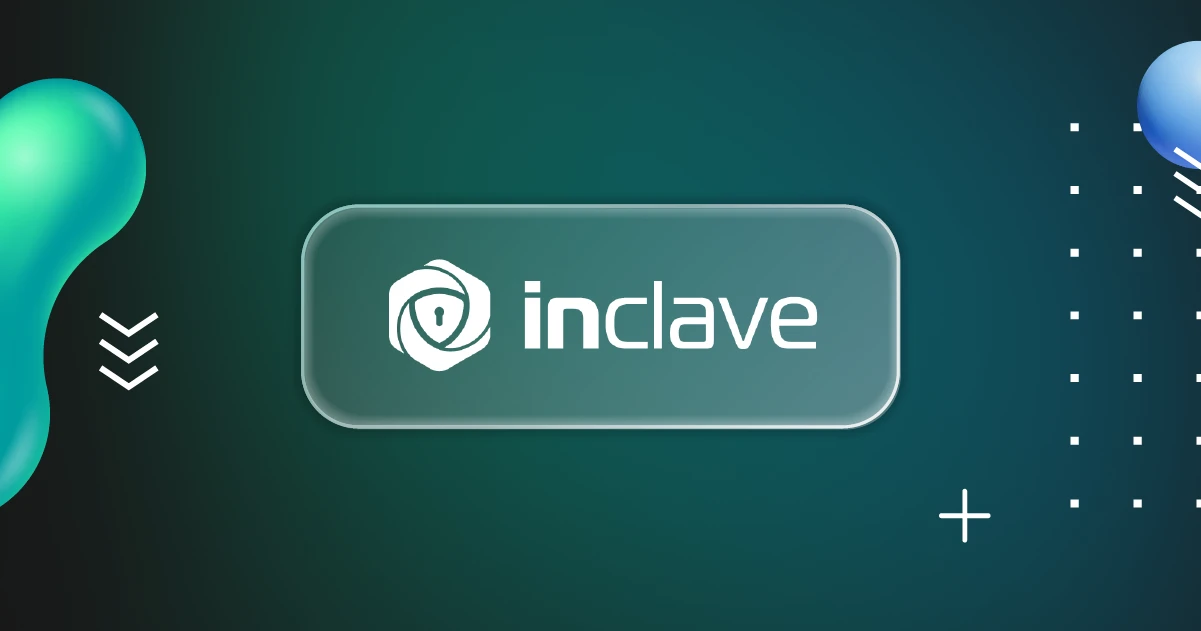Why do casinos ask for multiple withdrawal verifications?
Seasoned gamblers often sigh when hitting the withdrawal button, knowing what’s about to happen: the endless requests for verifications. And while fresh players may think it’s a stall tactic, those who’ve walked this path long enough understand it’s usually a mix of legal tightropes, anti-fraud buffers, and downright institutional paranoia.
Understanding the legal backbone of verification
Before throwing stones at your favourite online casino, you’ve got to grasp that these operators are playing under strict rules. If they bend, they break, and governments come knocking, not gently.
Know Your Customer (KYC) and Anti-Money Laundering (AML) obligations
Know Your Customer (KYC) and Anti-Money Laundering (AML) regulations aren’t just buzzwords to pad out terms and conditions. Every licensed online casino, especially those with EU or UKGC licensing, must rigorously apply these protocols. That means verifying your identity, address, and funding sources isn’t optional, it’s the law. I’ve lost count of how many operators have faced fines or had their licences suspended simply for not ticking every verification box. I once consulted on a case where a casino got slapped with a six-figure fine because a few players slipped through without document reviews.
High-risk behaviour triggers added scrutiny
Casinos use what’s called behavioural analytics, a system as sharp as a hawk when it comes to spotting dodgy patterns. Say a player suddenly wins big, plays erratic sessions, or changes IP locations, the system flags it.
Withdrawal stalls kick in, and further checks are launched. This isn’t personal. It’s protocol designed to stop fraud, bonus abuse, or worse, money laundering. If you’re using alternative payment methods like BigPay or rarely used cards, be prepared for manual reviews. The less familiar the tool, the more anxious the system becomes.
Multiple verifications aren’t stalling tactics, they’re risk management tools
Many rookies get it wrong, assuming verification is just red tape. Let me be blunt, modern casinos are fighting a three-headed beast: fraudsters, regulators, and banking institutions. Each one demands a different kind of proof.
Dynamic risk profiling at play
Casinos classify players based on risk metrics. A new user from a high-risk jurisdiction depositing with a prepaid card via Maestro? Red flags. A high-roller trying to cash out £10,000 after one session? More flags. What follows are tiered verification steps, proof of funds, utility bills, selfie verifications, all depending on the player’s profile. I’ve overseen systems where a simple mismatch in withdrawal method (deposit via e-wallet, withdrawal via bank) triggered six extra hours of compliance checks. Seamlessly annoying, but preventing one account takeover can save hundreds of thousands.
The human error factor and fraudulent attempts
People forget how flawed human systems can be. IDs get forged, emails get hacked, and stolen payment methods are dumped into unsuspecting casinos. Asking for extra documentation is often the operator’s only protection.
Case study in bounced withdrawals
I recall one operator whose KYC system failed to catch a duplicated driving licence. The fraudster galloped off with €75,000. That’s why operators now make users hold signs, submit high-res images under lighting conditions, or even do live video calls. Inconvenient? Absolutely. Necessary? Without question. And it’s not just technical, there’s the emotional factor. When players lose, they rarely protest. When they win and suddenly can’t withdraw instantly, they cry foul. That imbalance is why regulators push harder on withdrawal protocols.
Withdrawal methods can trigger additional checks
It’s not just who you are, it’s how you move your money that counts. Some methods get the green light faster than others.
Payment channels considered more secure
Bank transfers? Usually slower, but easily audited. Crypto? Decentralised, fast, but triggers complex AML reviews. Less mainstream options like BigPay or old-school cards like Maestro tend to require additional checklists. Just because you’ve been verified once doesn’t mean you’re in the clear. Each method can carry its own compliance weight.
It’s also about responsibility, yours and theirs
If you’ve ever read the pages on responsible gambling, you’ll know operators are under pressure to protect players not just from fraud, but from themselves.
Verification as part of safer gambling
Your verification records aren’t just for financial traceability. They also allow casinos to assess vulnerable gambling behaviour. If you’re chasing losses, making erratic deposits, or asking for frequent withdrawals while claiming hardship, they’re obligated to intervene. I’ve worked with operators that use verification slowdowns to stall self-harming behaviour. That’s not bureaucracy. That’s prevention.
Behind the curtain, it’s a tightrope walk
Running a casino today isn’t the lawless frontier it was in the early 2000s. It’s lawful, regulated, and under constant watchdog pressure. Casinos have to balance between paying out winners and making sure they’re not funding anything illicit.
Damage control is part of the business model
There’s a saying among operators: “A fast withdrawal without checks is a happy fraudster’s best friend.” That’s why even the best-run outfits sometimes stall. And trust me, if you think they enjoy the mountain of paperwork compliance demands, they don’t. If you want to explore just how razor-thin casino margins can get, particularly when payouts go wrong, take a moment to study whether casinos ever lose money. It might just change how you view those extra 48 hours you’re twiddling your thumbs.
Final word, patience is part of the craft
If you’re serious about gambling, not just dabbling, but serious, then you’ve got to understand the entire machine. That includes the gears you don’t always see: fraud controls, verification lanes, risk profiling software, and tired compliance officers double-checking data at 2AM. The seasoned player treats KYC like a badge of honour, proof they’re playing where the game is clean.
Yes, it’s a hassle. Sure, it slows you down. But it also keeps the table fair, the money clean, and the scam artists out of your pockets. One last tip? Keep your documents on file and aligned, exact address, clear scans, and same-payment in/out rule followed. Do that, and you’ll stay in the casino’s good books, and get your winnings without unnecessary drama.

Trisita Aich is a dynamic and passionate iGaming writer who has been making waves in the online gambling industry with her captivating words. With a…
More info on Trisita Aich







